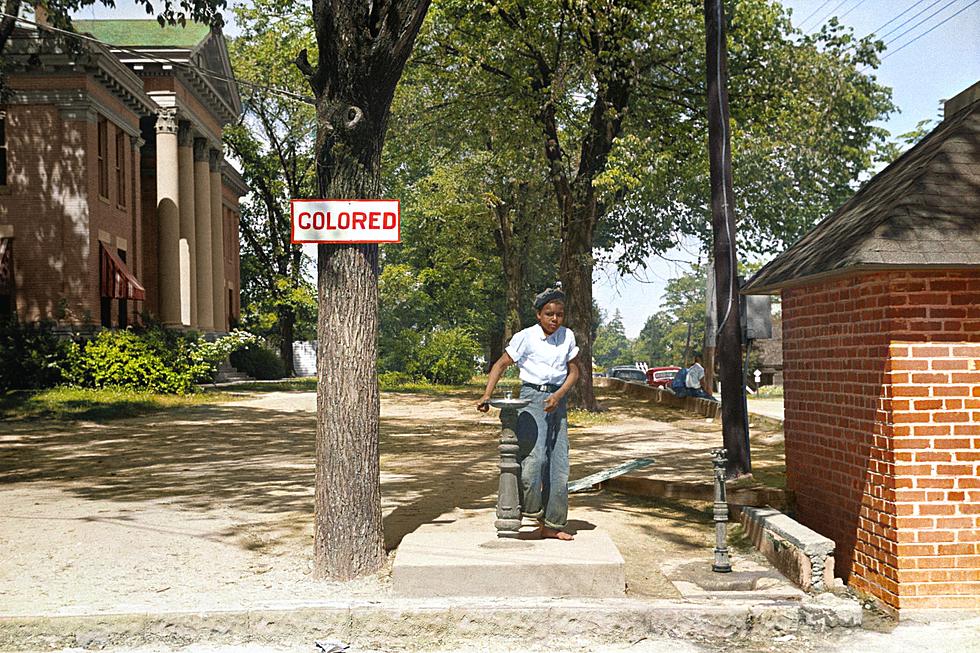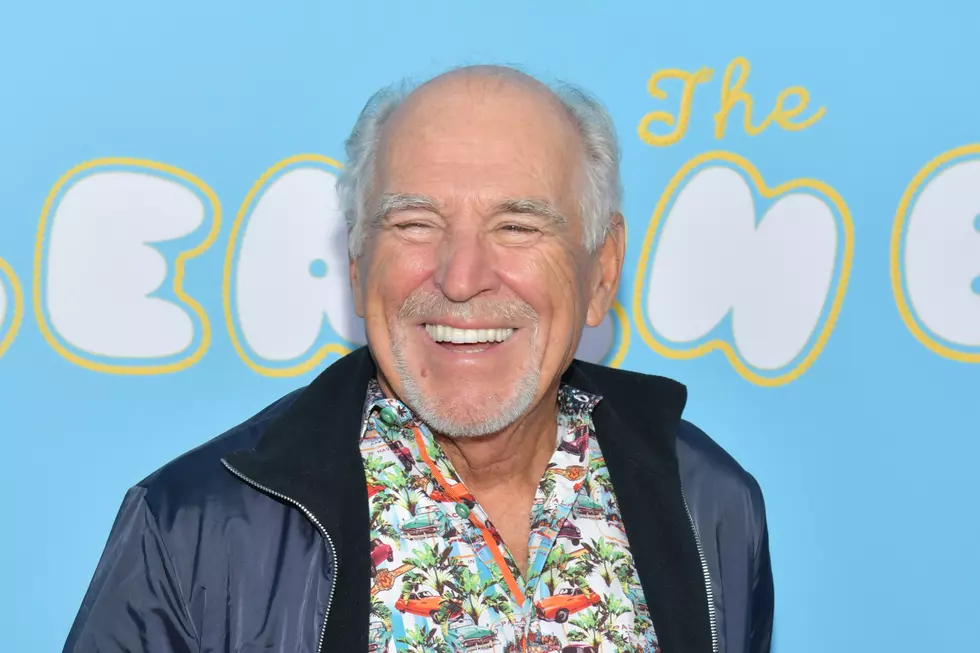
Iowa Led the Way in Desegregation, and MUCH Earlier Than You Think
Brown vs. Board of Education was one of the most groundbreaking cases in American history.
In 1954, the Supreme Court voted unanimously that segregation of children by race in schools was unconstitutional. The determination was a pivotal point in the civil rights movement, determining that the narrative 'separate but equal,' was false and must be done away with.
And though this was a gargantuan step in the right direction for our country, the United States still had a long way to go. Thus the civil rights movement continued, resulting in the Civil Rights Act of 1964, Voting Rights Act of 1965, and Fair Housing Act of 1968. Martin Luther King Jr., who is largely recognized as the leader of the Civil Rights Movement, was also assassinated in 1968.
And thus, many people immediately go back to the 1960s when thinking of desegregation. But that's not where it started.
In April of 1868, Alexander Clark brought his case to the Supreme Court of Iowa, after his daughter, Susan, was rejected after applying to attend Muscatine's Grammar School No. 2. This was the closest school to where the family lived.
According to theconversation.com, the school board's decision was a plain one:
The school said its decision to keep Black and white students segregated was in line with 'public sentiment that is opposed to the intermingling of white and colored children in the same schools.' The school board argued that its schools were 'separate but equal.'
In the case, Judge Chester Cole determined that the schoolboard's ruling was unconstitutional, and therefore illegal. He pointed to the first words in the Iowa Constitution: "equal rights to all."
He wasn't the only one to come to the conclusion among his peers. The site continues:
Each of the four justices on the Iowa Supreme Court was a Republican – the party of Abraham Lincoln – and each had been a strong supporter of the Union cause. Chester Cole was an early advocate for giving black men the right to vote because of their service in the Union Army during the Civil War.
Susan Clark went on to be the first black graduate of a public school in Iowa -- Muscatine High School. She served as the commencement speaker at her own graduation in 1871.
Susan would later marry and aid in her husband's ministry. They lived in Cedar Rapids and Davenport and would also settle in Champaign, Illinois at one time. She passed away in 1925 at age 70, and was laid to rest in Muscatine’s Greenwood Cemetery.
In regards to Susan's father, Alexander, The Conversation had this to say him and his other contributions to the Civil Rights Movement:
He was an outstanding speaker and was so active in the Underground Railroad – a secret network that helped slaves escape to freedom – and other civil rights causes that he has been recognized as 'one of the greatest civil rights leaders of the 19th century.'
LOOK: 50 essential civil rights speeches
'60s Studio Apartment Airbnb in Pella
More From 104-5 KDAT


![Have You Ever Seen This Urban Legend In Iowa? [VIDEO]](http://townsquare.media/site/726/files/2023/09/attachment-Untitled-design-2023-09-20T110005.389.jpg?w=980&q=75)


![A Look Back to When Lions Lived at Brucemore in Cedar Rapids [PHOTOS]](http://townsquare.media/site/675/files/2022/11/attachment-Howard-and-Leo-feature-coat.jpg?w=980&q=75)



